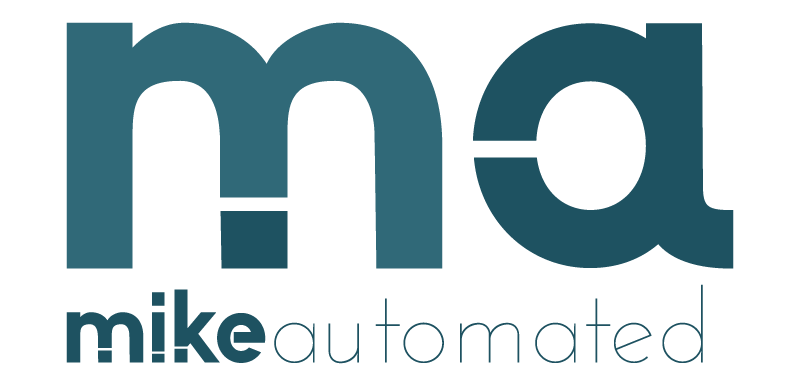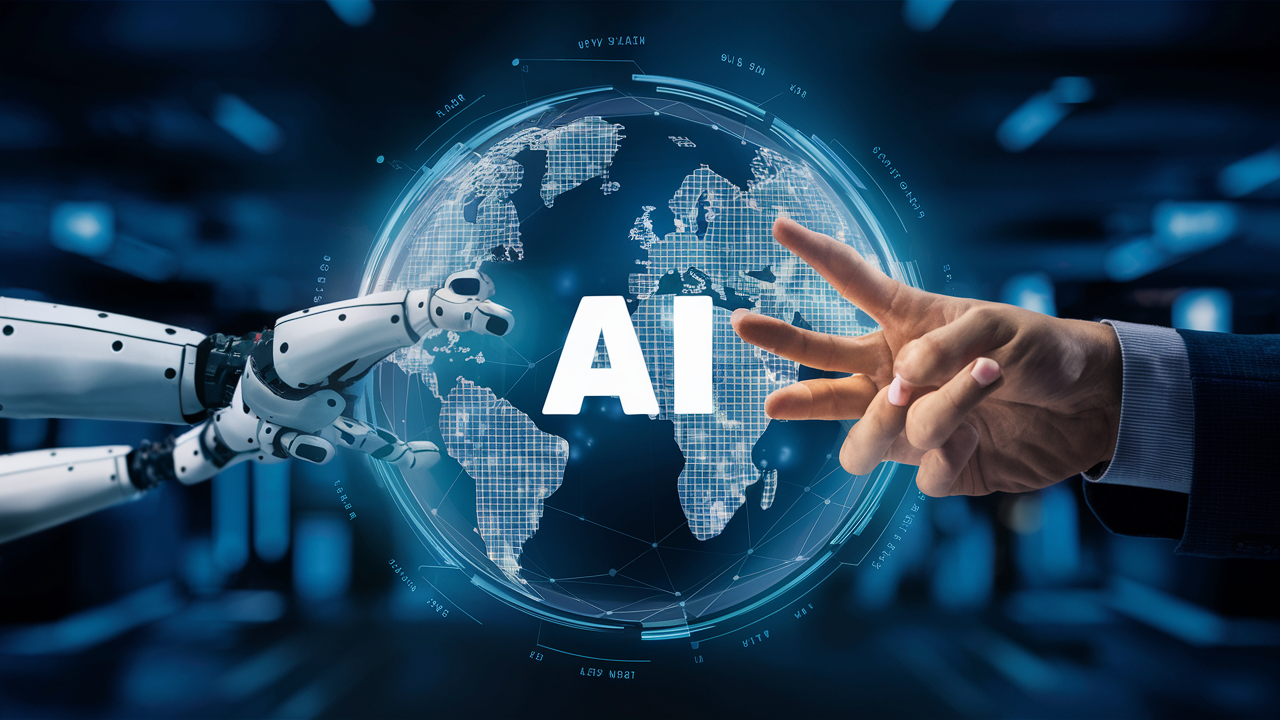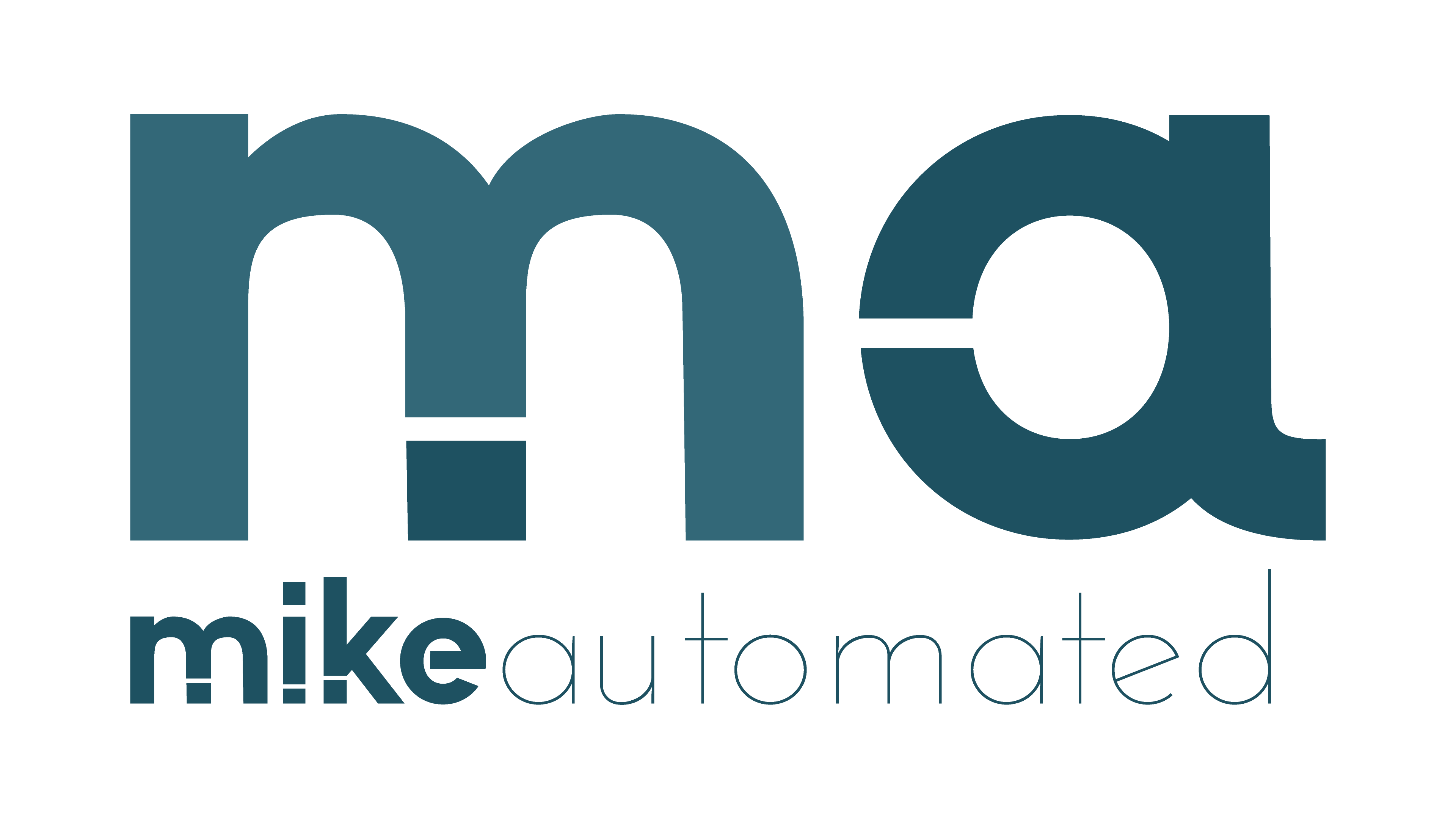TL;DR:
- AI is transforming global economies by increasing productivity and innovation across industries.
- Job displacement is a concern, but AI is also creating new types of jobs requiring advanced skills.
- Countries leading in AI investment are poised for significant economic growth over the next decade.
- AI-driven automation could potentially reduce income inequality or exacerbate it, depending on policy decisions.
- Businesses and governments must collaborate to address challenges related to AI adoption sustainably.
Introduction
The impact of AI on global economies is one of the most pressing topics in today’s technological revolution. Artificial intelligence is reshaping industries, transforming workforce dynamics, and influencing how businesses and governments operate worldwide. This article explores how AI is driving productivity, disrupting employment patterns, and what this could mean for global economic landscapes in the coming decades.
How AI Boosts Productivity Across Industries
AI-powered technologies are redefining productivity by streamlining operations, reducing human errors, and enabling smarter decision-making. Industries such as healthcare, manufacturing, and finance are leading the way in implementing AI solutions.
Automation and Efficiency
By automating repetitive tasks, AI allows businesses to allocate human resources to more strategic roles. For example, automated chatbots in customer service reduce wait times, improving customer experience while cutting operational costs.
Enhancing Innovation Potential
AI also helps companies analyze massive datasets to uncover patterns and trends. This fuels innovation, whether it’s in drug discovery, personalized marketing, or predictive maintenance in factories. The speed and accuracy of AI systems offer a competitive edge to early adopters, particularly in industries that rely on complex decision workflows.
Example: Advanced ML algorithms have enabled businesses in e-commerce to implement hyper-personalized strategies, increasing customer engagement and retention rates. This kind of AI application directly contributes to higher revenues.
The Dual Impact of AI on Employment
The rise of AI has led to concerns about job displacement. However, it’s also creating demand for new roles requiring specialized skill sets. While automation eliminates repetitive jobs, it generates opportunities in areas like AI system development, data science, and robotics maintenance.
The Skills Revolution
Workers will increasingly need upskilling or reskilling to thrive in an AI-driven world. Institutions and governments are already taking steps to provide training programs focused on digital skills and computational literacy.
- Increased Demand in AI Development: AI engineers, data scientists, and algorithm specialists are among the most sought-after professionals.
- Human-AI Collaboration Roles: There’s a growing need for employees who can work alongside AI tools to guide ethical use and decision-making.
Addressing Job Displacement
Some industries, such as manufacturing and retail, face higher risks of job losses due to automation. Governments must design policies to ensure affected workers have pathways to move into new types of employment. Failing to address these issues could escalate socio-economic disparities over time.
One practical solution is offering incentives for businesses to retrain employees rather than replacing them, fostering a collaborative transition to new technologies.
AI as a Driver of Economic Growth
Countries and regions that heavily invest in AI research and infrastructure are gaining an economic edge. The global race to AI supremacy has clear winners and losers, based on policy frameworks and funding availability.
Innovation Hubs and Investment Leaders
Economic forecasts suggest significant GDP growth for nations prioritizing AI. For instance:
- United States: Leads in tech innovation with private-sector giants like Google and OpenAI at the forefront.
- China: Heavily invested in AI to transform sectors like manufacturing and education, aiming to rival Western economic dominance.
- European Union: Focused on ethical AI guidelines to balance competitiveness with societal well-being.
The Developing World and AI Challenges
Emerging economies face hurdles such as lack of funding, technical expertise, and digital infrastructure. However, AI offers unique opportunities to leapfrog traditional development phases by integrating AI systems into sectors like agriculture or healthcare.
Automation and the Income Gap: A Double-Edged Sword
The redistribution of wealth driven by AI technologies could either narrow or deepen income inequality, depending largely on societal responses and governmental policies.
Positive Economic Redistribution
If AI is used strategically, it can significantly lower consumer costs, improve access to essential services, and elevate overall standards of living. Automation has the potential to bring down production costs, leading to cheaper goods that are more widely available.
Risk of Widened Inequality
Lack of regulation could mean top tech companies and highly skilled workers reap the majority of AI-driven wealth. In such scenarios, income imbalances could spiral as lower-wage jobs diminish and higher-paying opportunities remain concentrated in urban hubs.
Governments must adopt progressive tax structures or introduce policies like universal basic income (UBI) to distribute benefits more equally among citizens.
Preparing for the AI-Dominated Economy
The transition to an AI-driven global economy requires foresight and collaboration among stakeholders, including businesses, governments, and educational institutions. Below are actionable steps to ensure societies are prepared:
- Invest in Education: Increase funding for STEM programs and focus on skills like problem-solving, programming, and critical thinking.
- Enact Job Transition Policies: Provide financial support and retraining options for workers displaced by AI-driven automation.
- Collaborate with Businesses: Governments can partner with the private sector to encourage ethical AI practices and the equitable distribution of wealth.
- Promote Ethical AI Usage: Establish global frameworks to ensure AI development aligns with human values and safeguards against misuse.
Visual Example
An infographic could illustrate AI’s impact across industries, highlighting sectors like healthcare (e.g., diagnostic tools), transportation (e.g., autonomous vehicles), and retail (e.g., inventory management). This visual would enrich understanding of how AI integrates into daily life and broader economic systems.
Conclusion
The impact of AI on global economies presents both opportunities and challenges, demanding holistic approaches to maximize benefits and minimize risks. While AI is boosting productivity and creating economic growth, it also disrupts labor markets and heightens inequality concerns. Governments, businesses, and educational institutions must act decisively to harness AI’s potential sustainably. The future belongs to those who embrace innovation responsibly, ensuring these technologies drive equitable progress rather than division.
What role will AI play in your industry? Share your thoughts and experiences in the comments below!



